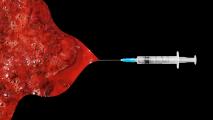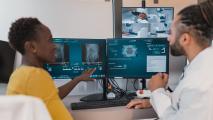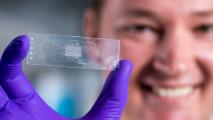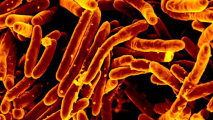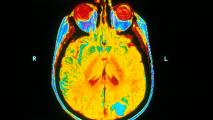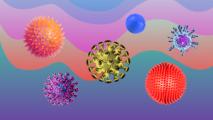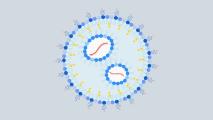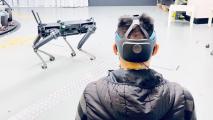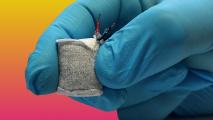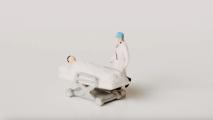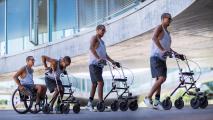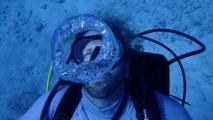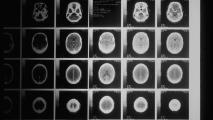
Biotech
Human history has been all but defined by death and disease, plague and pandemic. Advancements in 20th century medicine changed all of that. Now advancements in 21st century medicine promise to go even further. Could we bring about an end to disease? Reverse aging? Give hearing to the deaf and sight to the blind? The answer may be yes. And soon.
More
One shot could stop severe bleeding and save thousands of lives
A potentially lifesaving treatment to stop severe postpartum hemorrhage could soon be more accessible to the people who need it the most.
Macaque monkeys shrink their social networks as they age — just like elderly people
Macaque monkeys reduce their social networks as they get older – research suggests evolutionary roots of the same pattern in elderly people.
One way to speed up clinical trials: Skip right to the data with electronic medical records
It takes around 17 years for medical research to translate into clinical practice — why not use EMR data to speed things up?
New drug delivery tech could ensure you never forget your meds
Rice University’s new drug delivery tech uses biodegradable microparticles to administer medications exactly when and where they are needed.
Tuberculosis kills over a million people a year. New breakthroughs may help humanity fight back.
The world needs a tuberculosis vaccine, but the challenge trials that could help are impossible to run. Two new approaches look to change that.
Nasal COVID-19 vaccine outperforms mRNA shots in new study
A live attenuated vaccine for COVID-19 that delivered via a nasal spray outperformed several shots in a preclinical study.
Epilepsy surgery has a success rate of only 50%. This digital brain may change that.
Using patient data and AI, French researchers have created a digital model of the brain to figure out which brain region needs removed.
Viruses cause 200+ diseases. This one drug may be able to treat them all.
New Zealand-based startup Kimer Med wants to create an antiviral that would be effective against many known viruses — and unknown.
The secrets of cooperation
Most people care what others think of them. In many situations, that can be leveraged for the common good — cooperation.
New mRNA therapy could bring an end to peanut allergies
A new peanut allergy treatment based on mRNA could potentially lead to therapies that prevent all types of allergies in people.
Graphene sensor could let you control robots with your mind
The “wonder material” graphene has been used to develop a dry sensor that could enable anyone to control technology with their minds.
Narcan is now available over-the-counter in the US
Naloxone administered by nasal spray can be a lifesaving drug with minimal side effects. It’s now approved for over-the-counter use in the U.S.
Standing on a vibrating platform could deliver some of the same benefits as exercise
The reason whole-body vibration training is gaining interest is because it’s far easier to do than regular exercise.
Study: If there is a maximum human lifespan, we’ve yet to reach it
The current record for longest life is likely to be broken in the coming decades, according to a new study on the maximum human lifespan.
Sugar-powered implant produces insulin as needed
A sugar-powered implant that produces insulin when blood glucose levels are high could make managing diabetes easier and less painful.
Death: how long are we conscious for and does life really flash before our eyes?
When does our consciousness disappear? And are we really flooded by memories in our final moments? Scientists hope to find out.
How close are we to reversing paralysis?
Thanks to groundbreaking innovations in neuroscience, we’re seeing that forms of paralysis long assumed to be permanent can be reversed.
This man is trying to live underwater for a record-breaking 100 days
Biomedical engineer Joseph Dituri is attempting to break a world record by living in an underwater habitat for 100 days.
Our new brains: neurotechnology advances that could change everything
Here are the latest developments in neurotech, from brain-computer interfaces to brain-inspired AI.
3D-printing the brain’s blood vessels with silicone could personalize neurosurgery
3D printing could make blood vessel replicas with the soft feel and the structural accuracy surgeons need.
Get inspired with the most innovative stories shaping the world around us.













